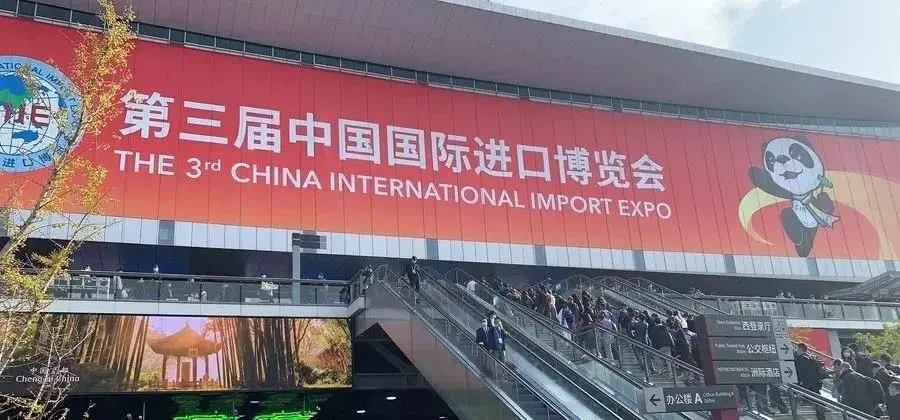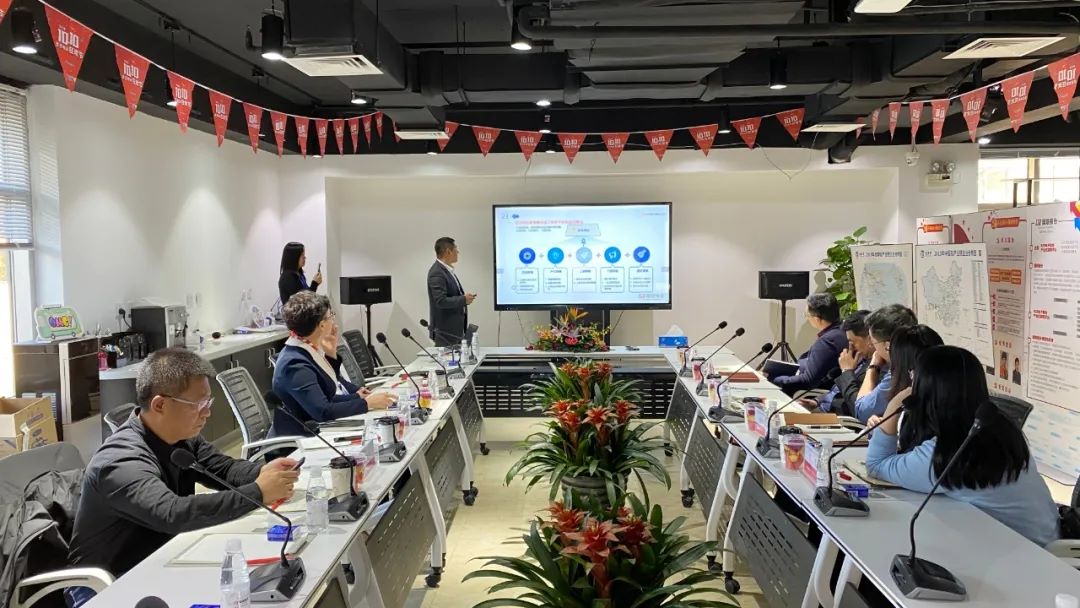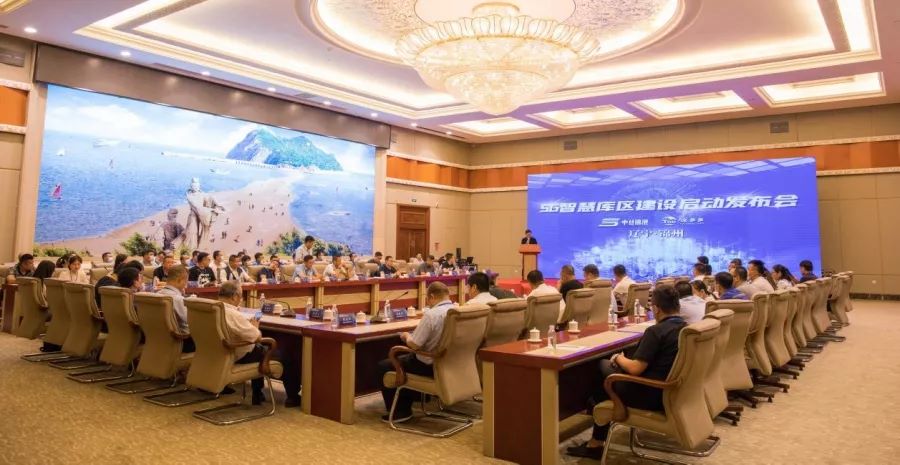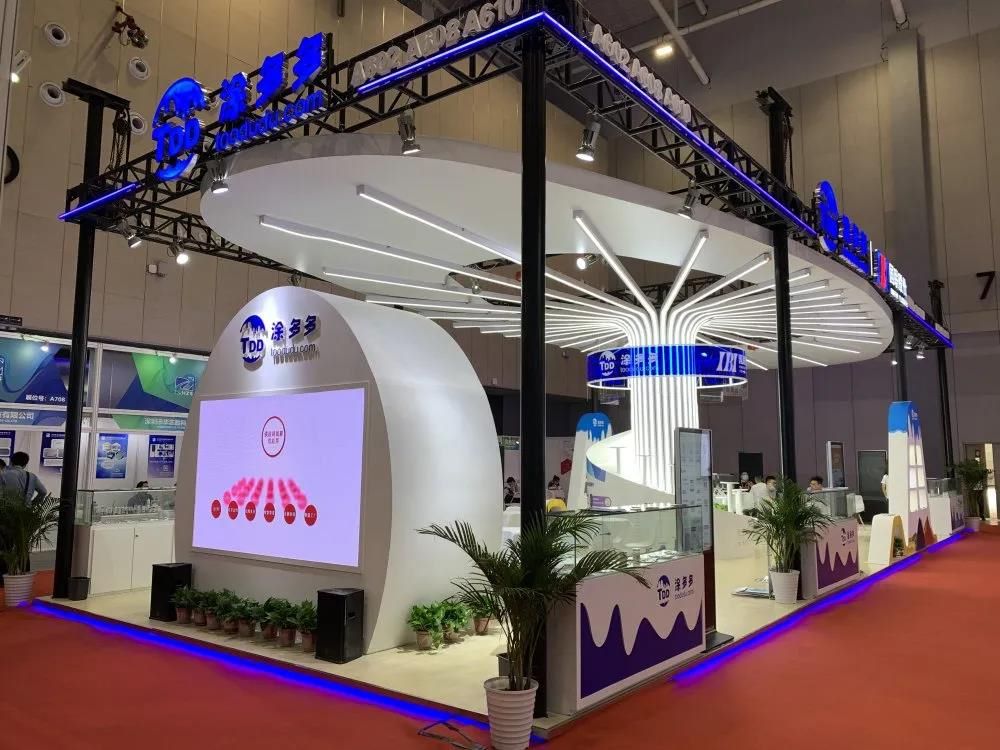New breakthrough of Bridgestone
This achievement by Bridgestone Americas is indeed a major breakthrough in the global tire industry and has many important significances. Here are the details:
Material Innovation: The tire uses a blend of recycled synthetic rubber (including butadiene rubber and halogenated butyl rubber), recycled carbon black and natural rubber. The use of alternative materials is tracked through the "mass balance" method, and the sustainable content is accurately recorded, even when mixed with traditional materials.

Product Performance and Design: The M870 series tire is built on the Bridgestone M870 platform. It is a high-wear, all-position radial tire designed for waste disposal and recycling fleets in urban environments and can meet the use needs of specific fleets.
Certification and Standards: The demonstration tire is the company's first special waste product to obtain ISCC PLUS certification. This certification ensures the sustainability of alternative materials throughout the supply chain from procurement to end consumer use, providing authoritative endorsement for the sustainability of the product.
Technical support: The company will also launch a new overdrive system, which consists of an in-yard plate that can measure tire tread depth and detect uneven wear. It can simplify maintenance work and provide real-time data collection to help fleets extend tire life, improve performance and avoid premature removal. Combined with the sustainable characteristics of tires, it further enhances the overall value of the product.
This achievement reflects Bridgestone's active efforts and leading position in promoting sustainable development in the tire industry, setting an example for other companies and providing important technical references and practical experience for the entire industry to move towards the goal of "zero carbon cycle".
In terms of technological innovation, Bridgestone has built a trinity of sustainable systems: Material revolution: Using the mass balance method to integrate circular synthetic rubber (butadiene, halogenated butyl rubber), recycled carbon black and natural rubber, breaking through the limitations of traditional tire materials Process breakthrough: By replacing fossil raw materials with bio-based materials such as guayule and rice husk silica, the Wuxi factory has applied ENLITEN® technology to improve wear performance by 30% Intelligent monitoring: The innovative Internet of Vehicles system uses the Internet of Things module to monitor the tread in real time, extending the tire life by 25% and reducing the frequency of unnecessary replacement.
In the context of carbon neutrality, Bridgestone's technology route points the way for the industry. Its innovative practice proves that environmental protection and economic benefits can go hand in hand - by extending the tire life cycle and optimizing maintenance strategies, the average annual operating cost of the fleet can be significantly reduced. This paradigm shift of "green is economic" is reshaping the global tire industry. With the launch of 70% sustainable tires, Bridgestone not only consolidates its technological leadership, but also accelerates the transformation of the entire industry to a circular economy. While other companies are still hovering at the 30% threshold, this industry giant has proved with action: a sustainable future is not a vision, but a tangible reality.
Domestic companies are also actively promoting sustainable development
General Shares
As a national tire company with a high sense of social responsibility, General Shares actively responded and participated in it, starting from the concept and taking practical actions to integrate the three cores of ESG "environment, society, and governance" into every aspect of corporate operations, and comprehensively promote sustainable development. General Shares won the Securities Star "ESG New Benchmark Enterprise Award".
Sailun Group
Sailun is a long-term practitioner of the concept of sustainable development. It is a national green factory and a national green design demonstration enterprise for industrial products. It has mastered the key core technology of green high-performance radial tire manufacturing, developed liquid gold tires using the world's first chemical rubber refining new materials, and replaced traditional fossil carbon black fillers with renewable white carbon black nanofillers.
Sailun has proposed new sustainable development goals: by 2030, the energy consumption per unit of tire products will be reduced by 30% compared with 2022, and the carbon emissions per unit of tire products will be reduced by 30% compared with 2022; by 2030, the content of sustainable materials in tire products will be increased to 40%, and to 100% by 2050.









